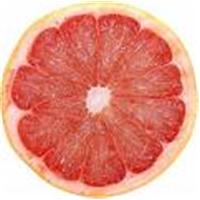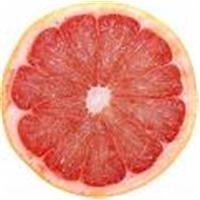
Toronto: A substance found in grapefuit could become a key ingredient in fighting obesity and diabetes, according to a new study.
Naringenin, a flavonoid found in citrus fruit such as grapefruit which gives it its bitter taste , makes the liver burn fat instead of storing it.
But high concentrations, far more than is available in the fruit, would be needed to achieve fat-busting benefits. The chemical also helps balance insulin and glucose levels.
If it could be made into a tablet then it could help treat patients suffering from Type 2 diabetes, a main cause of heart disease.
Successful tests have already been carried out on mice by researchers at the Robarts Research Institute at the University of Western Ontario, in Canada, and published in the journal Diabetes.
Two groups of mice were both fed the equivalent of a Western diet to speed up their metabolic syndrome – the process which leads to Type 2 diabetes in humans.
One of the groups ate food that had been treated with naringenin. The non-naringenin mice became obese, their cholesterol levels rose and their bodies became resistant to insulin, a hormone that regulates blood sugar levels.
The mice given the chemical did not suffer from these ailments, despite eating identical diets to the others.
Any rise in cholesterol-was corrected by the naringenin which also reprogrammed their livers to burn fat rather than store it.
Lead researcher Professor Murray Huff added: Furthermore, the marked obesity that develops in these mice was completely prevented by naringenin.
What was unique about the study was that the effects were independent of calorific intake, meaning the mice ate exactly the same amount of food and the same amount of fat. The team will now try to develop the chemical into a treatment for humans.
Note: anyone taking medication should be wary of eating grapefruit as it may interfere with the effect of drugs, such as as statins.

